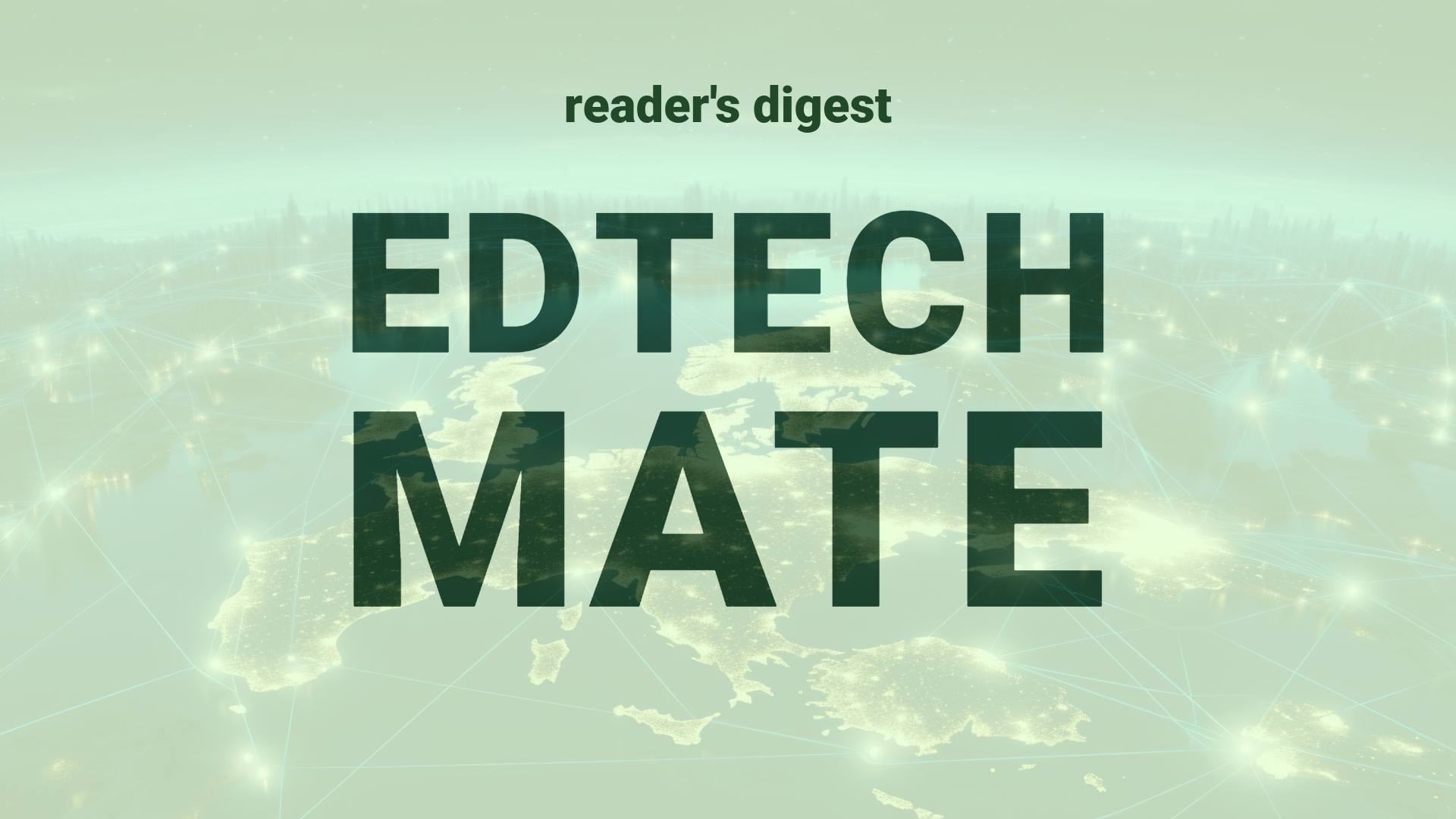“`html
Executive Summary and Main Points
Innovations in generative AI (genAI) are transforming the landscape of customer service within multinational corporations, such as United Parcel Service (UPS), and receiving recognition like the 2024 CIO 100 Award. Utilizing large language models (LLMs) such as GPT-3.5 Turbo and GPT4, UPS developed the Message Response Automation (MeRA) system to automate responses to customer inquiries. MeRA’s integration into UPS’s customer service has reduced agent handle time by 50% during its pilot phase. This transformative approach to customer service is anticipated to expand across various enterprise functions, including HR, sales, and finance, indicating a broader trend towards digital transformation in international business practices.
Potential Impact in the Education Sector
The successful application of generative AI in customer service at UPS portends significant opportunities for digitalization within the educational sector, particularly in Further Education and Higher Education institutions, and in the evolving micro-credentials space. By adopting similar genAI tools, educational institutions may enhance student support services, streamline administrative tasks, and create a more personalized learning experience. The strategic application of such AI solutions could foster robust partnerships between educational networks and AI service providers, thus catalyzing the digital transformation of educational environments.
Potential Applicability in the Education Sector
Applying generative AI within the education sector could take several innovative forms. Utilizing an LLM akin to UPS’s MeRA system could fundamentally change how institutions manage student queries, offering precise, data-informed responses to academic or administrative questions. Likewise, the implementation of genAI could assist in content creation for online courses, perform sentiment analysis of student satisfaction, and provide nuanced feedback on student assignments. Tailoring AI to these applications could significantly enhance efficiency and the personalization of educational experiences on a global scale.
Criticism and Potential Shortfalls
While generative AI offers promising enhancements, its deployment is not without criticism and potential pitfalls. Issues of bias, ethical considerations, and the nuances of cultural sensitivity in responses remain challenging. Additionally, reliance on AI could risk compromising the quality of complex interpersonal interactions – a crucial component of the educational experience. Comparative international case studies reveal varying success rates, with some institutions struggling to integrate AI effectively, indicating a need for a careful and contextually aware adoption strategy.
Actionable Recommendations
For educational institutions considering the integration of genAI technologies akin to UPS’s MeRA system, several actionable recommendations include: initiating pilot programs to manage student inquiries, focusing on tasks that can benefit from automation; investing in model training using an institution-specific knowledge base to ensure cultural and contextual relevance; establishing interdisciplinary teams to assess ethical implications; and encouraging ongoing professional development for staff to adapt to new AI-driven workflows. Embracing these strategic insights can help position international education leadership at the forefront of the digital transformation era.
“`
Source article: https://www.cio.com/article/2096052/ups-delivers-customer-wins-with-generative-ai.html

